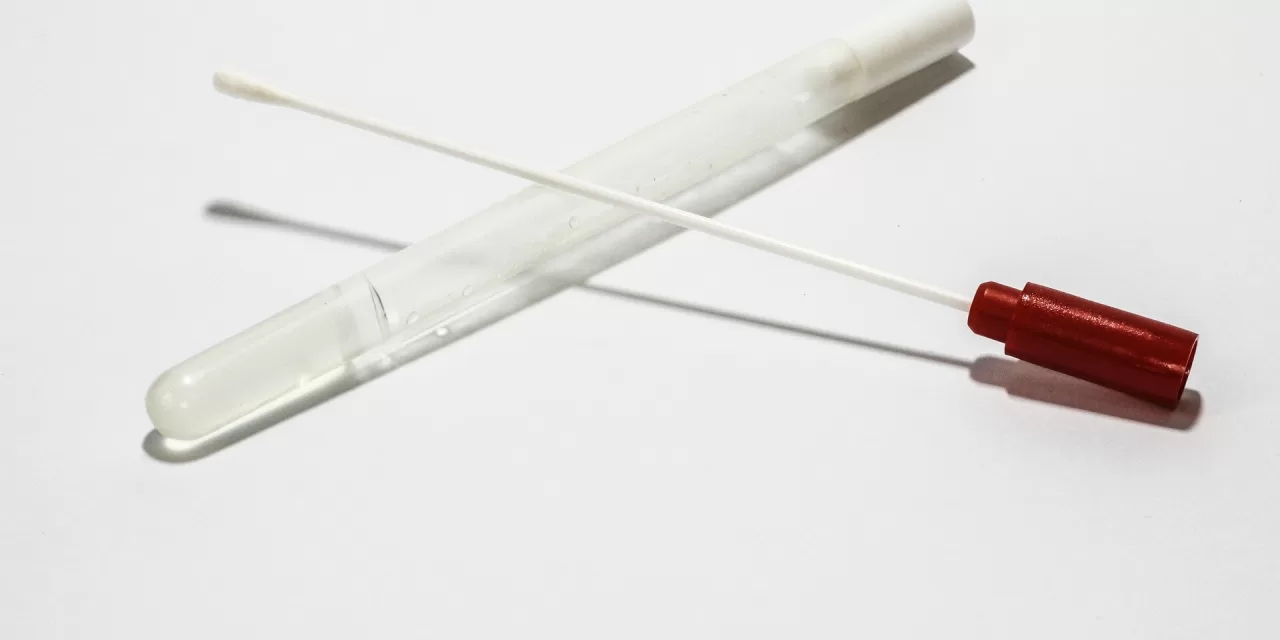A growing number of young adults prefer at-home testing for sexually transmitted infections (STIs) due to the convenience, privacy, and comfort it offers, a new study suggests.
According to recent research led by Michigan Medicine and published in the Journal of Adolescent Health, 91% of survey participants aged 14-24 indicated they would use free STI self-collection kits if available. The findings highlight the need for more accessible STI testing options for youth, many of whom face barriers such as stigma, privacy concerns, and the inconvenience of visiting traditional healthcare providers.
“There is an urgent need to prioritize and increase the accessibility of sexually transmitted infection testing among youth,” said senior author Dr. Okeoma Mmeje, associate professor of obstetrics and gynecology at the University of Michigan Medical School and an OBGYN at U-M Health Von Voigtlander Women’s Hospital. “STI self-collection is an effective alternative that addresses barriers that often deter this population from seeking traditional reproductive health care services.”
The study comes at a critical time, as the Centers for Disease Control and Prevention (CDC) reported over 2.4 million cases of syphilis, gonorrhea, and chlamydia in the U.S. in 2023. Young adults aged 15-24 comprised nearly half of all reported STI cases, underscoring the importance of increased testing accessibility.
Lead author Jayelin Parker, a researcher at the University of Michigan Medical School, emphasized that early detection and treatment are essential to preventing long-term health complications. “While most sexually transmitted infections are asymptomatic and treatable, we will continue to see STI-related complications unless we improve access to testing and treatment services. User-friendly STI self-collection kits encourage more frequent testing, early detection, and treatment of STIs.”
Survey participants noted that at-home testing options allowed them to collect urine samples or vaginal swabs privately, reducing the anxiety and discomfort often associated with in-clinic testing. However, 6% of respondents expressed concerns over test result accuracy and the process of self-collecting samples.
Additionally, the study found that historically marginalized groups, including LGBTQ+ youth, face disproportionate STI risks due to medical mistrust, discrimination, and limited access to healthcare services. Researchers stress the importance of addressing these social and political determinants of health to improve reproductive healthcare accessibility for all young people.
“Our findings offer insight into the unique sexual health care needs and preferences of adolescents and young adults,” said Mmeje. “Highlighting these attitudes and experiences provides policymakers with data to shape inclusive and effective sexual health policies.”
Disclaimer:
This article is based on research findings published in the Journal of Adolescent Health. It is intended for informational purposes only and should not be considered medical advice. Individuals are encouraged to consult healthcare professionals for personal medical concerns.











